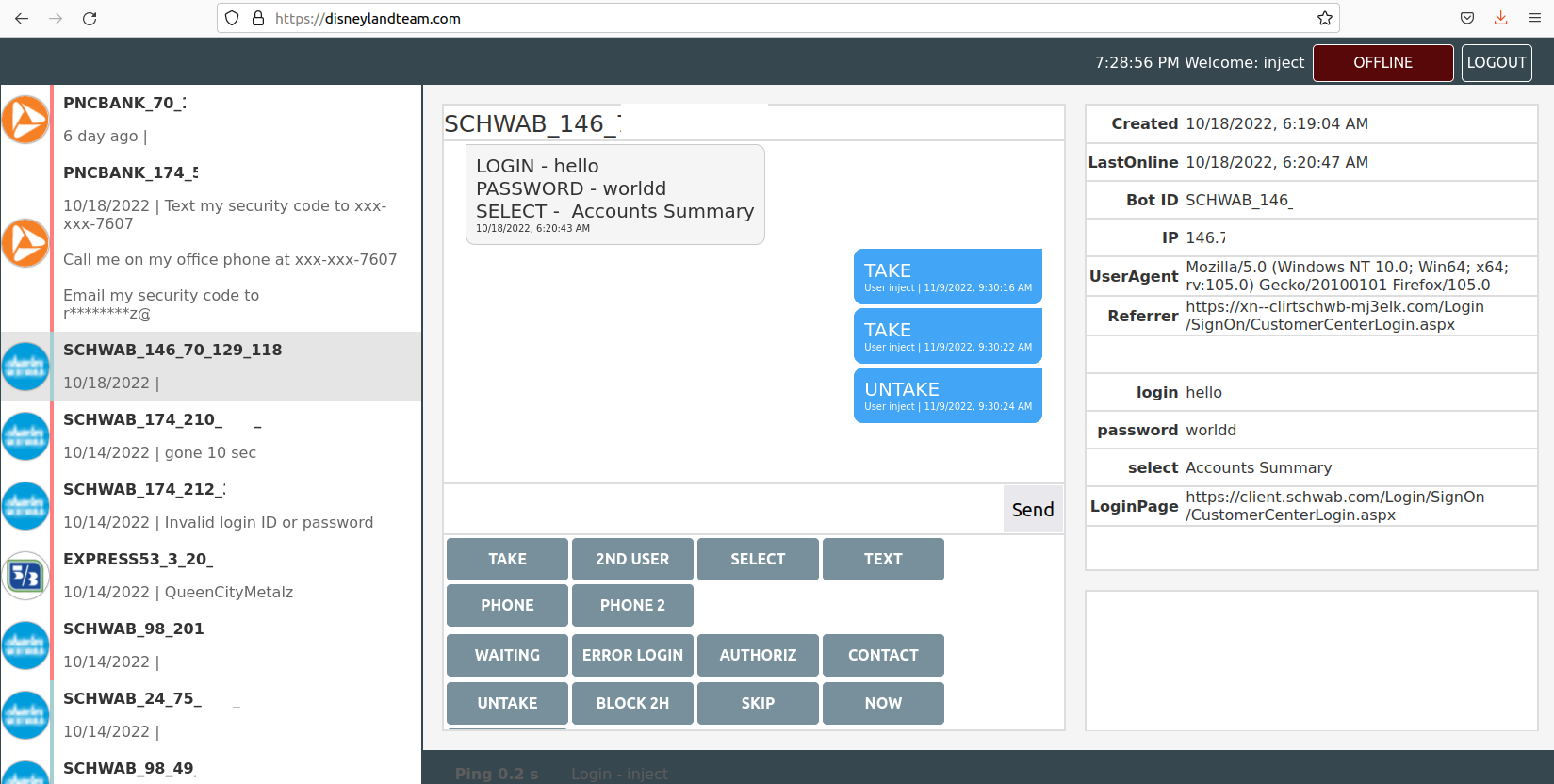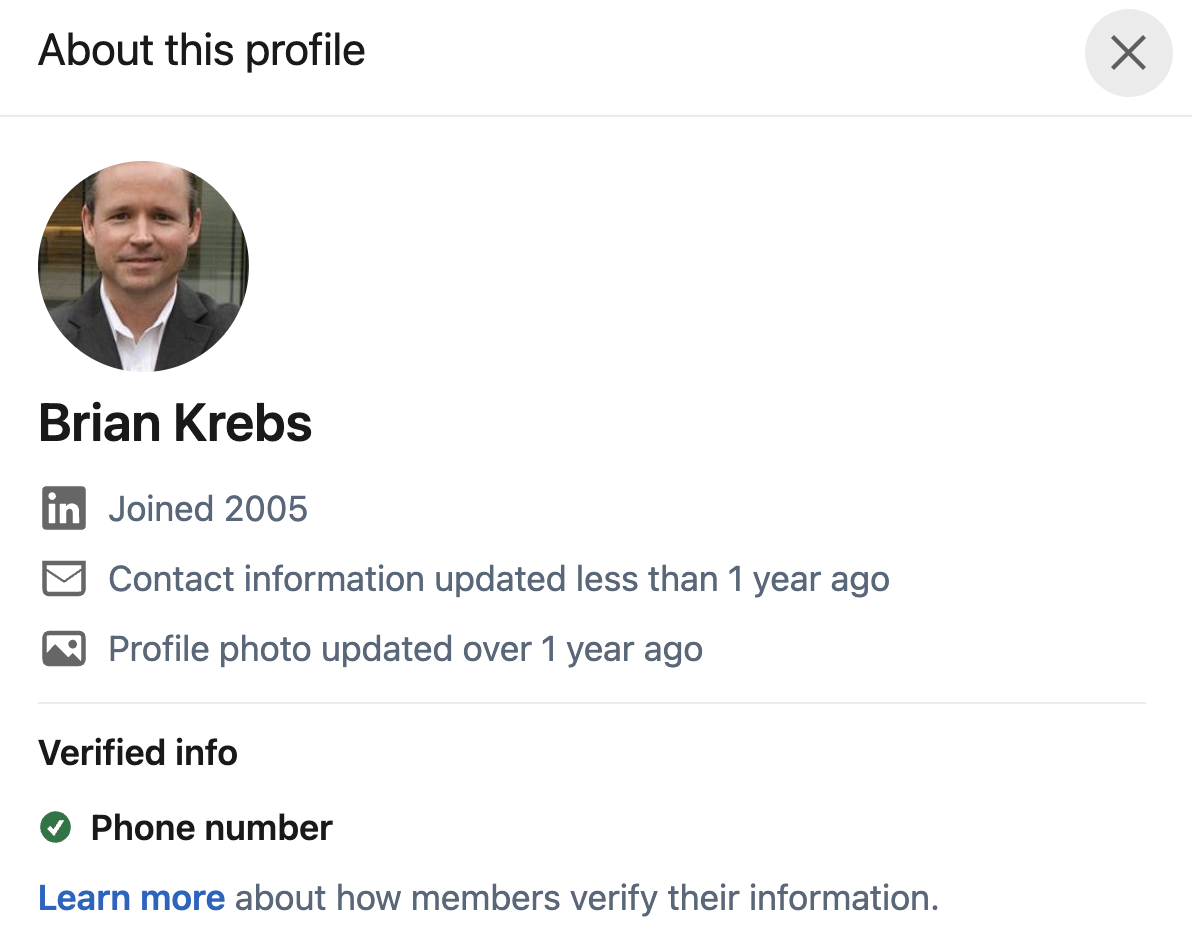Researchers Quietly Cracked Zeppelin Ransomware Keys

Credit to Author: BrianKrebs| Date: Fri, 18 Nov 2022 02:30:26 +0000
Peter is an IT manager for a technology manufacturer that got hit with a Russian ransomware strain called “Zeppelin” in May 2020. He’d been on the job less than six months, and because of the way his predecessor architected things,… Read More »
Read More





